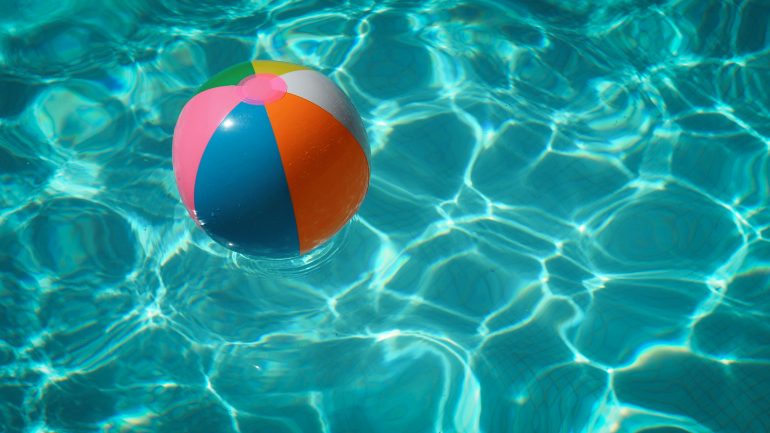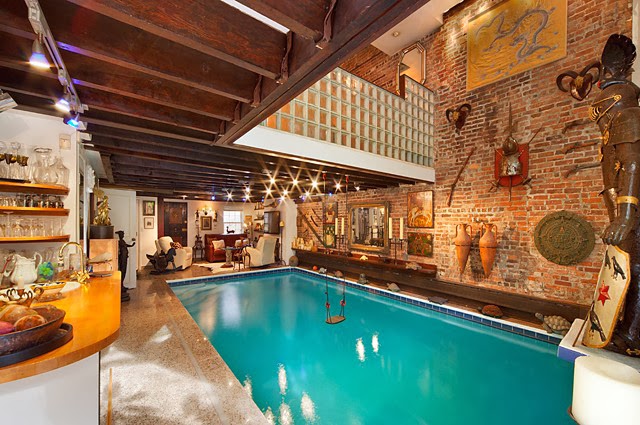When it comes to installing a swimming pool, one of the most critical decisions you’ll make is choosing the right material for the pool shell. Among the top contenders are fiberglass and concrete. Both have their pros and cons, but which one is the better choice in terms of durability and maintenance? Let’s dive in and compare these two popular pool shell materials to help you make an informed decision for your backyard oasis.
The Basics: Fiberglass and Concrete
Before we delve into the nitty-gritty details, let’s understand what concrete fiberglass pool shells are all about.
Fiberglass Pools
- Material: Fiberglass pools are crafted from fiberglass-reinforced plastic. They’re pre-formed in a factory and then transported to the installation site.
- Installation: Typically, fiberglass pools are quicker to install compared to concrete pools. They’re delivered in one piece and placed into the excavated hole.
- Design Options: While fiberglass pools come in a variety of shapes and sizes, the design options may be somewhat limited compared to concrete.
- Surface: The surface of a fiberglass pool is smooth and non-porous, which makes it resistant to algae growth and easier to clean.
Concrete Pools
- Material: Concrete pools are constructed on-site using steel-reinforced concrete. They’re custom-built according to the specifications of the homeowner.
- Installation: Building a concrete pool is a more labor-intensive process that involves forming, pouring, and finishing the concrete shell.
- Design Options: Concrete pools offer virtually limitless design possibilities since they can be customized to any shape or size.
- Surface: The surface of a concrete pool can vary depending on the finish applied. It may be rough or smooth, and it’s prone to staining and algae growth if not properly maintained.
Now that we have a basic understanding of fiberglass and concrete pools, let’s compare them in terms of durability and maintenance.
Durability: Fiberglass vs. Concrete
Fiberglass
- Strength: Fiberglass pools are known for their strength and flexibility. They can withstand ground movement without cracking, making them an excellent choice for areas with shifting soil.
- Durability: The smooth, non-porous surface of fiberglass pools resists stains, scratches, and fading, leading to a longer lifespan compared to concrete pools.
- Repairs: While fiberglass pools are durable, repairs can be more challenging and expensive if the shell gets damaged.
Concrete
- Strength: Concrete pools are undeniably strong and can last for decades when properly constructed. However, they’re susceptible to cracking and structural issues, especially in regions with freeze-thaw cycles.
- Durability: The durability of a concrete pool depends largely on the quality of construction and ongoing maintenance. Cracks and leaks can develop over time, requiring costly repairs.
- Repairs: Repairing cracks and leaks in a concrete pool can be time-consuming and expensive, often involving draining the pool and patching the affected areas.
Maintenance: Fiberglass vs. Concrete
Fiberglass
- Low Maintenance: Fiberglass pools are relatively low-maintenance compared to concrete. The smooth surface inhibits algae growth, reducing the need for harsh chemicals and frequent cleaning.
- Chemical Usage: Since fiberglass pools are less prone to algae and bacterial growth, they require fewer chemicals to maintain proper water balance.
- Energy Efficiency: The smooth surface of a fiberglass pool helps to retain heat, resulting in lower heating costs over time.
Concrete
- High Maintenance: Concrete pools require more maintenance than fiberglass pools due to their porous surface, which promotes algae growth and staining.
- Chemical Usage: Concrete pools typically require more chemicals to balance the pH and prevent algae growth, increasing the cost of maintenance, include essential products like PH plus for effective pH management and water quality maintenance.
- Surface Refinishing: Over time, the surface of a concrete pool may deteriorate, requiring refinishing or resurfacing to restore its appearance and integrity.
Making the Right Choice
When it comes down to it, the choice between fiberglass and concrete depends on your priorities, budget, and long-term goals for your swimming pool. If you prioritize durability, low maintenance, and energy efficiency, fiberglass may be the ideal choice for your backyard oasis. However, if you’re drawn to the limitless design possibilities and are willing to invest more time and money upfront, concrete could be the right fit for you.
FAQ
Q: Are fiberglass pools customizable?
A: While fiberglass pools come in various shapes and sizes, they have limited customization options compared to concrete. However, you can choose from a range of designs and add features like built-in spas or tanning ledges to personalize your fiberglass pool.
Q: Can concrete pools be resurfaced?
A: Yes, concrete pools can be resurfaced to repair cracks, chips, or surface deterioration. Resurfacing involves applying a new layer of plaster or other coating to restore the pool’s appearance and functionality.
Q: How long does it take to install a fiberglass pool?
A: The installation time for a fiberglass pool is typically shorter compared to concrete. Depending on factors like site preparation and weather conditions, the installation process can take anywhere from a few days to a couple of weeks.
Q: Do fiberglass pools require a specific type of maintenance?
A: Fiberglass pools have relatively low maintenance requirements compared to concrete. Routine maintenance tasks include cleaning the pool surface, checking and adjusting water chemistry, and inspecting equipment for any signs of wear or damage.
Q: Are fiberglass pools suitable for all climates?
A: Yes, fiberglass pools are suitable for most climates, including regions with extreme temperatures. The durable construction and non-porous surface make fiberglass pools resistant to cracking or damage caused by freezing and thawing cycles. However, proper winterization procedures may be necessary in colder climates to protect the pool during the offseason.
Q: Can concrete pools be upgraded or renovated?
A: Yes, concrete pools can be upgraded or renovated to add new features, change the shape or depth, or improve aesthetics. Renovation options may include adding a spa, waterfall, or swim-up bar, as well as resurfacing the pool to enhance its appearance and functionality.
Q: What swimming pool surrounds / fencing work best?
A: A variety of barriers and fences are available to protect and secure your swimming pool but we recommend a glass swimming pool fence for durability, appearance and safety.





